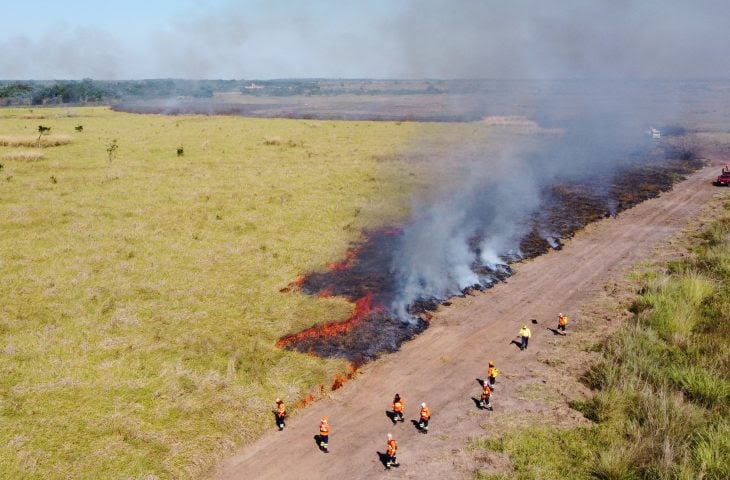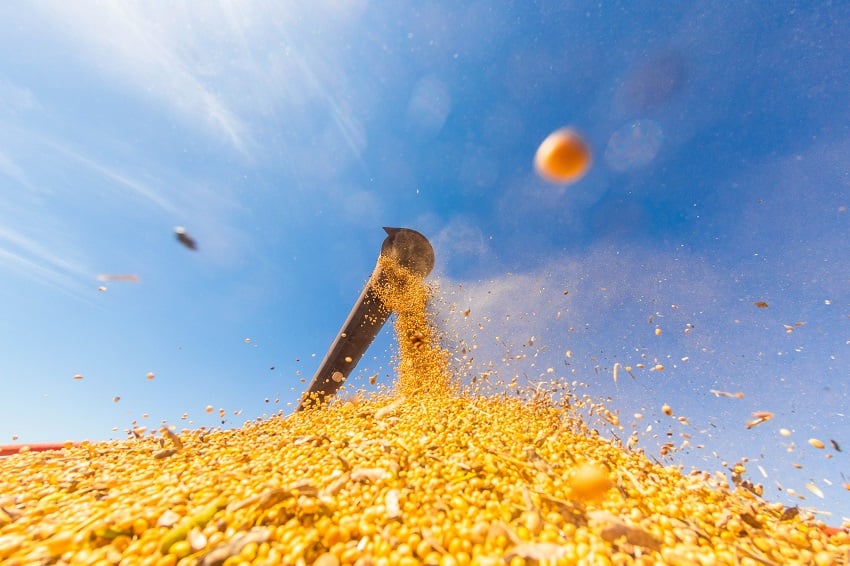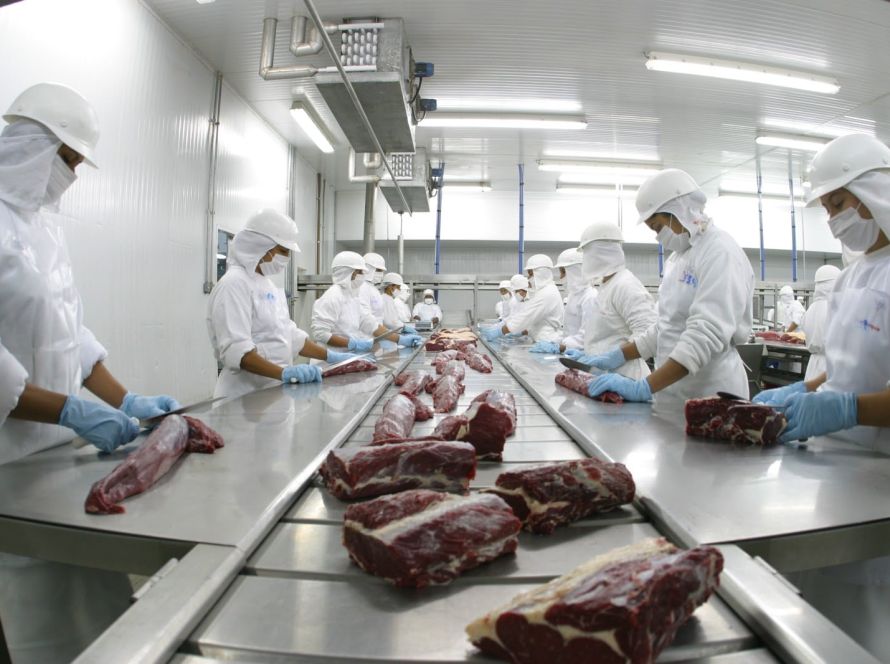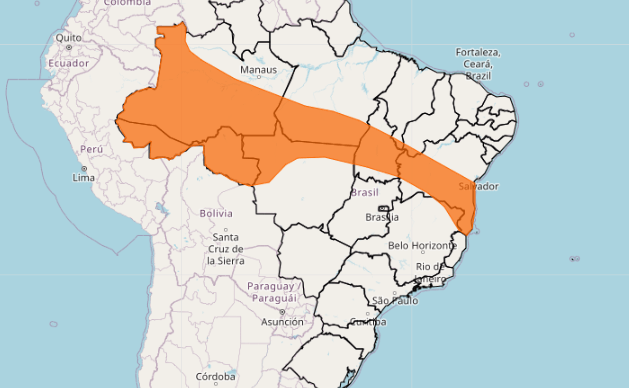As a result of actions focused on the countryside, Goiás recorded a 6.4% increase in agricultural hiring in 2025, taking the lead proportionally in formal job creation in the country. The agricultural sector in Goiás showed growth in formal job creation between January and May 2025. According to data from the New General Registry of Employed and Unemployed Persons (Novo Caged), validated by the Mauro Borges Institute of Statistics and Socioeconomic Studies (IMB), 46,759 total admissions were recorded, an increase of 6.4% compared to the 43,938 in 2024.
Agriculture and livestock-related activities accounted for 41,304 new jobs, equivalent to approximately 88.3% of the total number of new hires during the period. The strong performance of this sector contributed to Goiás leading the proportional growth of formal employment in Brazil from January to May.

Photo: Freepik
The state recorded a 3.5% increase in the total number of active employment contracts, surpassing the averages for the Central-West (3.2%) and the national average (2.2%). Based on the results presented and the current hiring pace, Goiás is expected to end 2025 with a higher balance of formal rural jobs than in 2024. "The growth in hiring in agriculture is a direct result of public policies implemented to strengthen production chains. The expansion of technical assistance, easier access to rural credit, and production support programs have created a favorable environment for development in the sector," highlighted Glaucilene Carvalho, acting head of the State Secretariat of Agriculture, Livestock, and Supply (Seapa).
Public policies boost the sector The positive scenario is a result of the Government of Goiás' actions aimed at strengthening the rural environment, with the participation of Seapa and its jurisdictions, responsible for the formulation and implementation of public policies for productive inclusion, professional qualification, production promotion and support to producers.
Among the initiatives driving this performance are the Social Credit rural production courses, the implementation of the Municipal Inspection Service (SIM), access to the Constitutional Fund for Financing the Central-West (FCO Rural), the Cattle Genetic Improvement Program for Family Farming, the Small-Scale Agribusiness Quality Improvement Project, and the expansion of technical assistance. These projects have contributed to bringing development to more remote regions while also encouraging job and income generation in rural areas.





